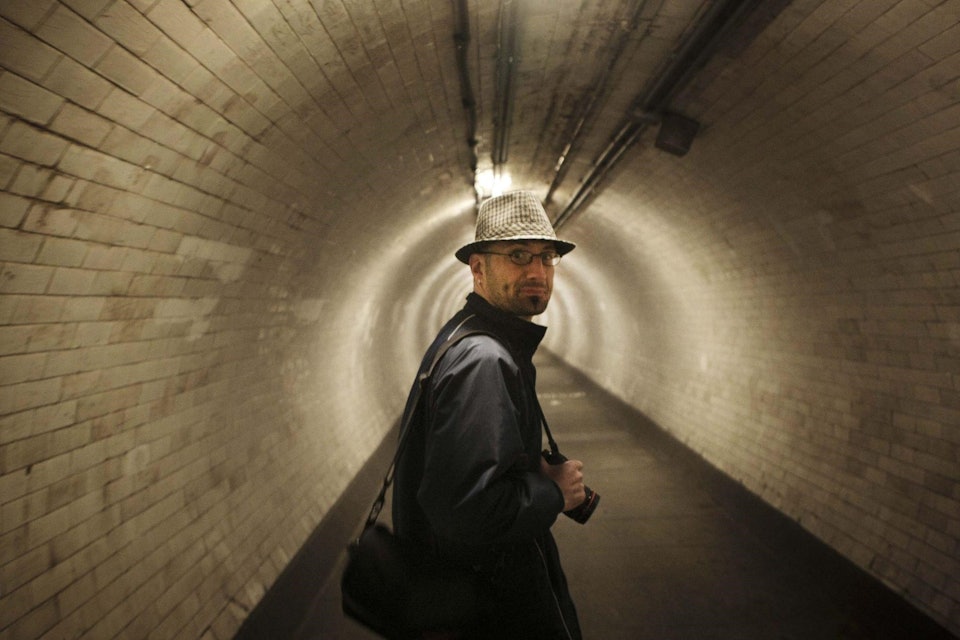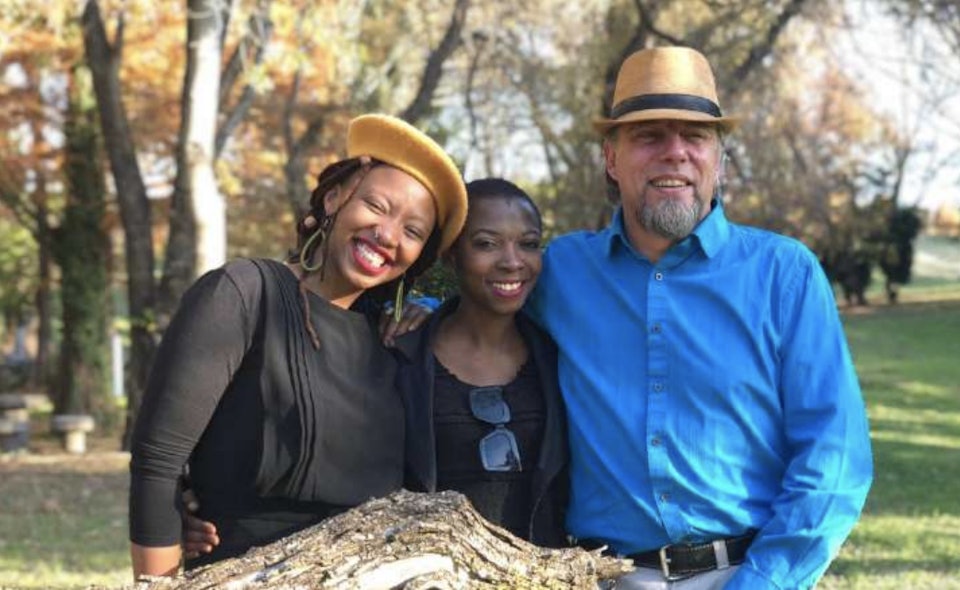Featured Organization
Hammerl Arts Rights Transfer (HART)
South Africa
South African photojournalist Anton Hammerl was killed on assignment by government forces during the Arab Spring in 2011. Hammerl is just one of many journalists who has suffered unjustified punishment for their work, because writers in dangerous locations often find themselves punished for exposing uncomfortable truths.

As a career, journalism has always posed risks— and the overwhelming lack of support for freelance journalists inspired the founding mission of the Hammerl Arts Rights Transfer (HART), named after the journalist who lost his life for his career. Even the organization's logo represents the fedora hat that Anton Hammerl often sported.

HART originated in 2012 under the leadership of Michael Schmidt, now the Director of Strategic Relations. Schmidt had been working in the area of journalism security as a trade unionist since 1993, and founded the Professional Journalists' Association of South Africa (ProJourn) in 2010. After attending the ICORN General Assembly in Sweden in 2012, Schmidt became enamored with the growing movement to protect artistic expression. He told ARC that he was “deeply marked” by the experiences of exiled Kenyan poet Philo Ikonya and Moroccan journalist Zineb El Rhazoui, and thus the networking for HART began.
In the final months of 2015, Schmidt attended the second Safe Havens meeting in Malmö and presented on a project in South Africa. In 2016, he became the official Safe Haven's "rapporteur,” a role that he maintains today, which involves conducting interviews during the summit and producing the official public report following the conference.

After years of continuous engagement with the arts and human rights sectors, HART was founded in April of 2019 by Schmidt alongside Masechaba Moloi of Lesotho and Naomi Menyoko of South Africa, whom Schmidt describes as “fantastically gifted and driven.” By August of 2019, HART was a registered South African non-profit. In December 2019, HART managed the Safe Havens conference in Cape Town, with 120 participants from Africa, Europe, and the Americas, which Schmidt described as a “baptism of fire” for the organization’s operational team.

HART’s work centers around a fully-funded fellowship, which gives an artist the ability to work in a supportive environment in Johannesburg’s creative district for six to twelve months. Funded by donors like the European Commission’s Fondation Internationale pour les Défenseurs des Droits de L’Homme, the fellowship covers all costs of the Fellow’s stay, including partners and children. Applicants can be creatives in any discipline, from authors, academics, and journalists, to dancers, musicians, painters, photographers, and filmmakers. Potential participants in the fellowship must be recognized by their peers as legitimate creatives who are at risk because of their creative endeavors; they must also be involved in human rights, either through their artwork or through activism in the face of censorship and persecution. The organization’s definition of “risk” is broad, encompassing social media harassment, censorship, or emergency situations. HART, along with partner organizations, is responsible for vetting the case of each individual and determining the validity of the risks.
After delays caused by the COVID-19 pandemic, the organization accepted its very first Fellow in June of 2021 thanks to funding from the Protect Defenders European Union's Shelter Initiatives project, which focuses on building the sustainability of planned, emergent, or new temporary relocation programs. Though the extraordinary global circumstances of 2020 initially prevented HART from safely housing a Fellow, the HART team continued to push forward with other initiatives, including preparations for an online Safe Havens event in December 2020 and a research project for Accountability International examining the policy responses of African states to the virus. The heavy focus on human rights research led to significant study on Africa's marginalized communities, immigrants and refugees, religious and ethnic minorities, and LGBTIQA communities.
As a founding member of the Amani: Africa Creative Defence Network, a protective network that helps provide rapid responses to at-risk artists in Africa, HART collaborates with organizations across Africa and the globe to protect artistic expression on the continent. Amani aims to streamline communication between organizations and facilitate the sharing of resources and ideas. Amani has 10 member organizations with three operational languages (Arabic, French, and English) and is currently working on 13 cases of at-risk creatives from Libya to Zimbabwe. Each case is discussed as the organizations decide how to best assist the creatives involved, including introducing them to funders, lawyers, or protective residencies. HART and the other members of Amani’s network cover several roles: as observers of arts rights justice infractions across Africa; as publicizers of cases that require regional or international attention; and as intervenors across a sliding scale from providing pro-bono legal support to emergency relocations in more severe cases.
In July 2020, Schmidt was appointed a member of Amani’s newly formed Steering Committee, along with Sarra Maali of Tunisia from the Beirut-based organization Al Mawred Al Thaqafy (Culture Resource), and Margaret Aduto, the Africa coordinator of PEN America’s Artists at Risk Connection (ARC).

Looking to the future, Schmidt said that he hopes HART will become more involved with the growing legal and academic components of the arts rights justice sector. The HART team also hopes to further develop arts residencies in suitable countries in the MENA region and Asia, while supporting the organization’s current Fellow in pursuing their creative endeavors in a safer and more secure environment.
By Addie Gilligan, September 2021. Addie is a junior at the University of Virginia majoring in English Literature and Women, Gender, and Sexuality Studies at the University Of Virginia.
All images provided by HART.